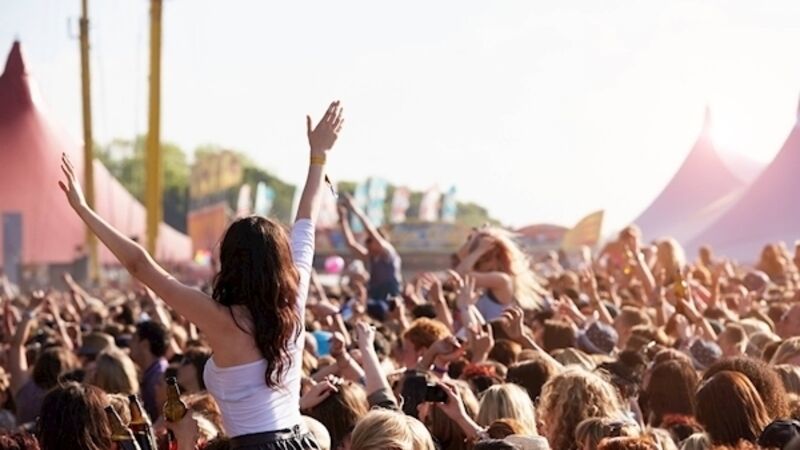Coronavirus: Summer shows shut down

The summer has effectively been cancelled, with gatherings of more than 5,000 people banned until September because of the Covid-19 pandemic.
Try from €1.50 / week
SUBSCRIBE- With additional reporting from Eamon Quinn
The summer has effectively been cancelled, with gatherings of more than 5,000 people banned until September because of the Covid-19 pandemic.
Already a subscriber? Sign in
You have reached your article limit.
Annual €130 €80
Best value
Monthly €12€6 / month
Introductory offers for new customers. Annual billed once for first year. Renews at €130. Monthly initial discount (first 3 months) billed monthly, then €12 a month. Ts&Cs apply.
CONNECT WITH US TODAY
Be the first to know the latest news and updates
Newsletter
Keep up with stories of the day with our lunchtime news wrap and important breaking news alerts.
Sunday, February 8, 2026 - 9:00 PM
Sunday, February 8, 2026 - 7:00 PM
Sunday, February 8, 2026 - 8:00 PM
© Examiner Echo Group Limited